The hotel website looked so legitimate that I entered my credit card details without a second thought, a $3,200 mistake that could happen to anyone in 2025.
You’re not being paranoid when you worry about fake booking sites. They’re everywhere now. Booking.com officials report a staggering 500% to 900% increase in travel scams over the past 18 months. That means these hotel scam operations have grown by up to nine times what they were before.
These fake booking sites look exactly like real ones. They steal hotel photos, copy professional layouts, and use AI to write perfect emails. You can’t tell them apart anymore. I learned this the hard way when I lost my family’s entire vacation budget to scammers.
But my expensive mistake can save you thousands. If you’ve already been scammed, I’ll tell you exactly what to do in the first 24 hours to maximize your chances of getting your money back.
I Lost $3,200 to a Fake Booking Site That Looked 100% Real: The Warning Signs I Wish I’d Known
My $3,200 Nightmare: How the Scam Unfolded

It started with a simple Google search for “Miami beach hotels family vacation.” I had three kids asking about our spring break trip every day. My wife wanted a hotel with a pool. I wanted something under $200 a night.
I clicked the link. The fake hotel website looked exactly like every booking site I’d used before. Professional layout. Secure payment symbols. Even a “Book Now Limited Time Offer” banner made me feel lucky.
Here’s where I made my first mistake. The URL was “miamib3achhotels.com” instead of the real hotel’s website. I missed that tiny “3” instead of an “e.” Such a small detail. Such an expensive miss.
The site asked for full payment up front. “Special promotion requires immediate payment,” it said. Red flag number two that I ignored. Most real hotels only need a deposit or hold your card until checkout.
Then came the weird payment options. Wire transfer got a 10% discount. Prepaid Visa cards were accepted. Bitcoin payments, too. I should have run. Instead, I thought they were just being modern.
I paid $3,200 for five nights. The confirmation email came from a Gmail address, not the hotel domain. Red flag number three. But I was busy packing and didn’t think twice.
Two days before our trip, I called the hotel to confirm our pool-view room. “We have no reservation under that name,” the manager said. My heart sank. “We’ve never heard of the website you mentioned either.”
My family vacation was ruined before it started. We scrambled to find last-minute accommodations that cost twice as much. My kids were disappointed. My wife was stressed. I felt like an idiot.
The Federal Trade Commission reports that fraud cost Americans $12.5 billion in 2024. That’s up $2.5 billion from the year before. Travel fraud is exploding.
Action Fraud in the UK received 532 reports of accommodation scams between June 2023 and September 2024. Total losses: £370,000. These fake hotel websites are everywhere.
The scammers who got me knew exactly what they were doing. They copied real hotel photos. They used professional web design. They made everything look trustworthy.
The Shocking Statistics: Why Fake Booking Sites Are Exploding in 2025

Booking.com reports a staggering 500 to 900% surge in travel scams over the past 18 months. That’s not a typo. Scams have increased by up to nine times what they were before.
Scammers now use AI tools like ChatGPT to create perfect emails. No more obvious spelling mistakes. No more broken English. These booking fraud trends show criminals can now write like native speakers. They copy your writing style. They sound exactly like real hotel staff.
The travel scam statistics are scary. Over 55,000 Americans reported travel fraud last year. The median loss was $1,200 per person. But many people lost much more. Some lost their entire vacation budget.
Microsoft’s security team identified an ongoing phishing campaign that targets travelers through fake Booking.com emails. These aren’t random attacks. They’re organized criminal networks using advanced technology to steal your money.
The cost of these attacks keeps growing. Phishing breaches cost businesses $4.88 million on average in 2024. That’s up 9.7% from 2023. Companies are losing more money, which means scammers are making more money.
You used to look for bad grammar or weird email addresses. Now scammers use perfect English and professional-looking websites. They steal real hotel photos. They copy legitimate booking site designs. They even fake customer reviews.
The scammers who got my $3,200 weren’t some guy in a basement. They were part of a sophisticated operation that targets thousands of travelers every day.
12 Warning Signs I Wish I’d Known Before Losing $3,200
These booking site red flags could have saved me thousands. If you spot even two of these signs, close that website and find another hotel.
i. Weird Payment Methods
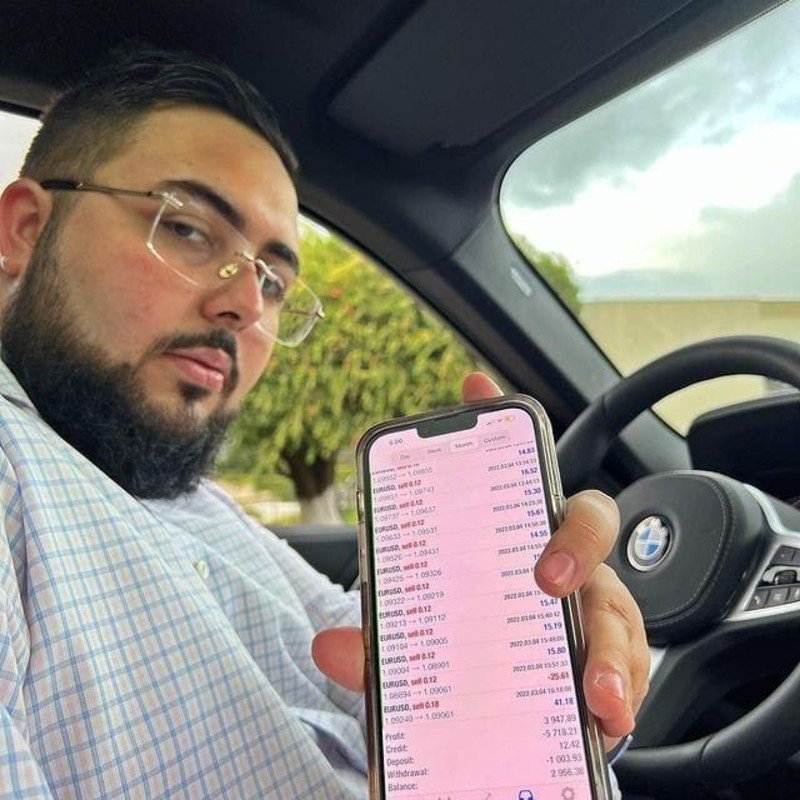
Real hotels take credit cards. Fake sites push wire transfers, prepaid cards, or Bitcoin. They offered me a “10% discount” for wiring money directly. Big red flag. Wire transfers can’t be reversed like credit card payments.
ii. Suspicious Website Addresses
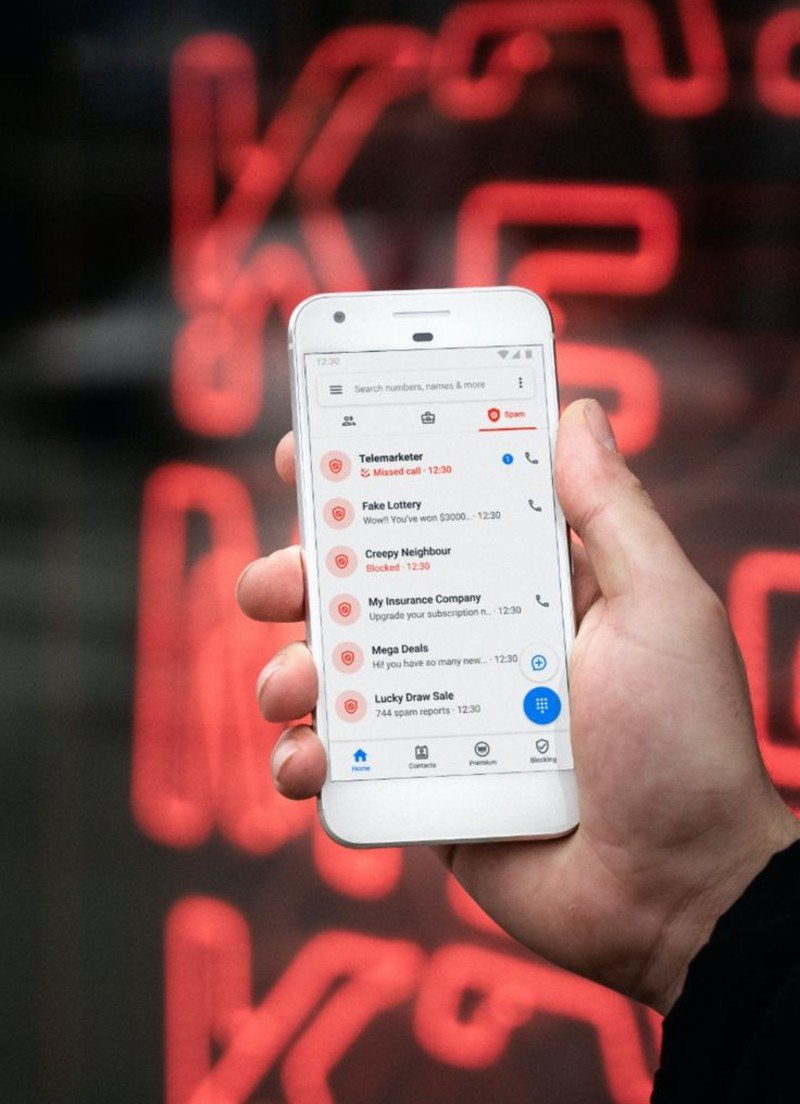
Look at the URL carefully. Mine was “miamib3achhotels.com” instead of the real hotel’s site. Scammers use tiny changes like replacing letters with numbers. They buy domains that look almost identical to real hotels.
iii. Prices That Seem Too Good
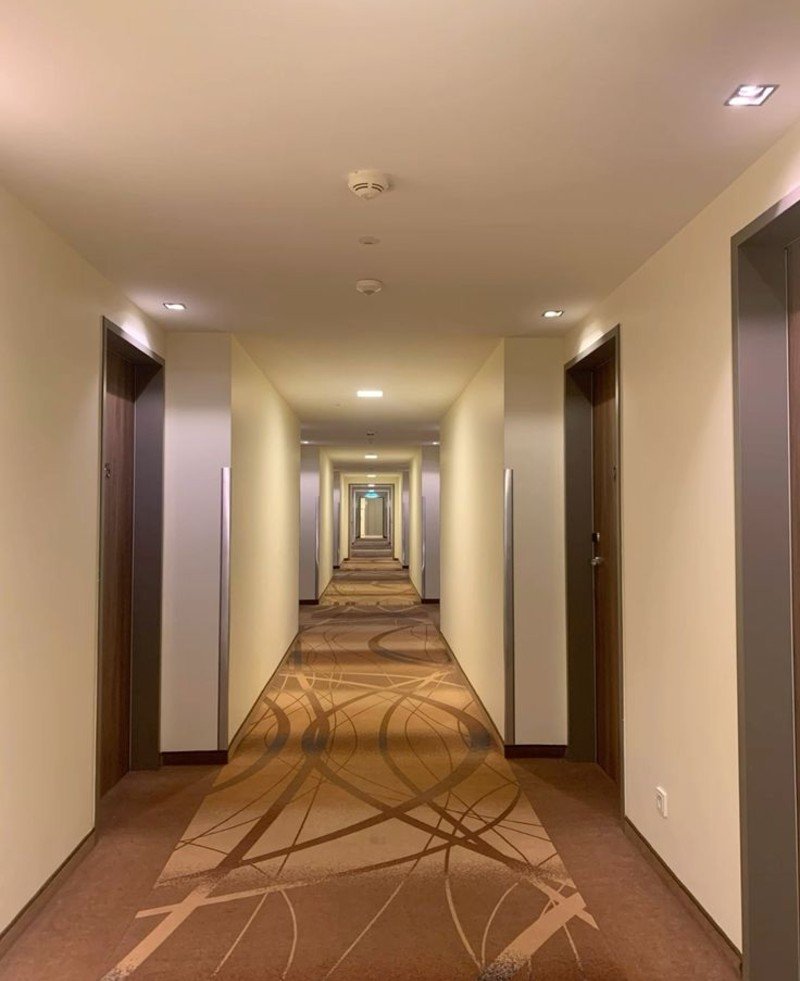
If a hotel costs $300 everywhere else but $150 on one site, ask why. These fake hotel warning signs include prices 40-50% below market rate. Scammers use cheap prices as bait.
iv. Stock Photos and Bad Images
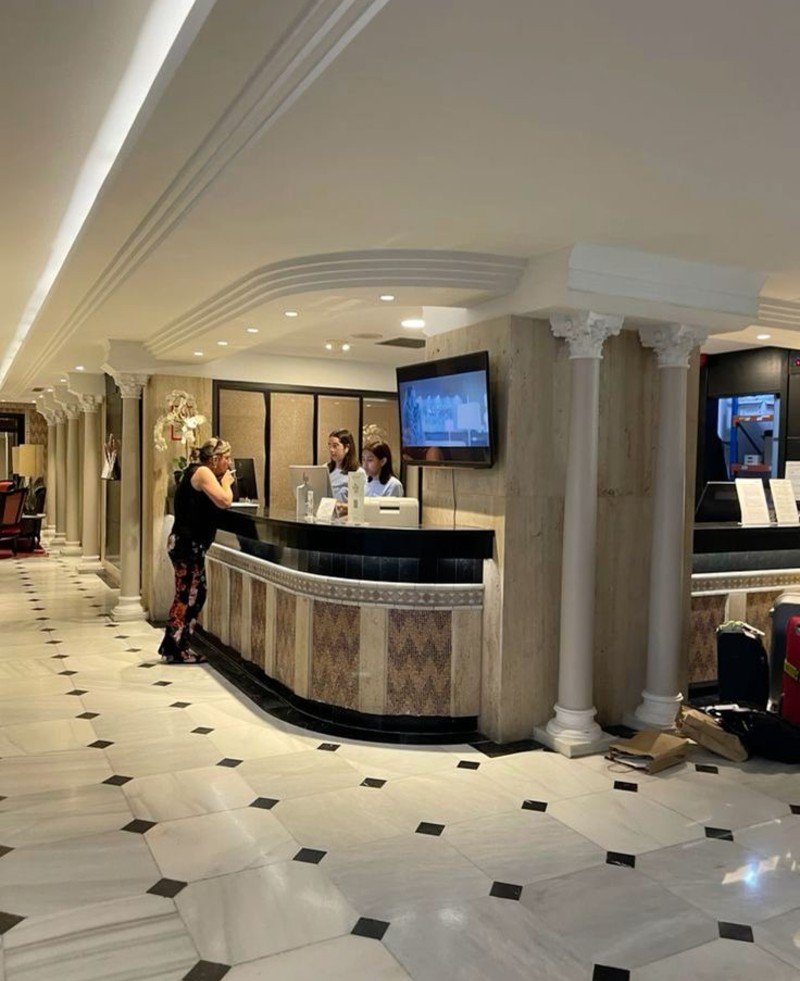
Real hotels show their actual rooms and facilities. Fake sites steal photos from other hotels or use generic stock images. Look for photos that seem too perfect or don’t match the hotel’s style.
v. Missing Contact Information
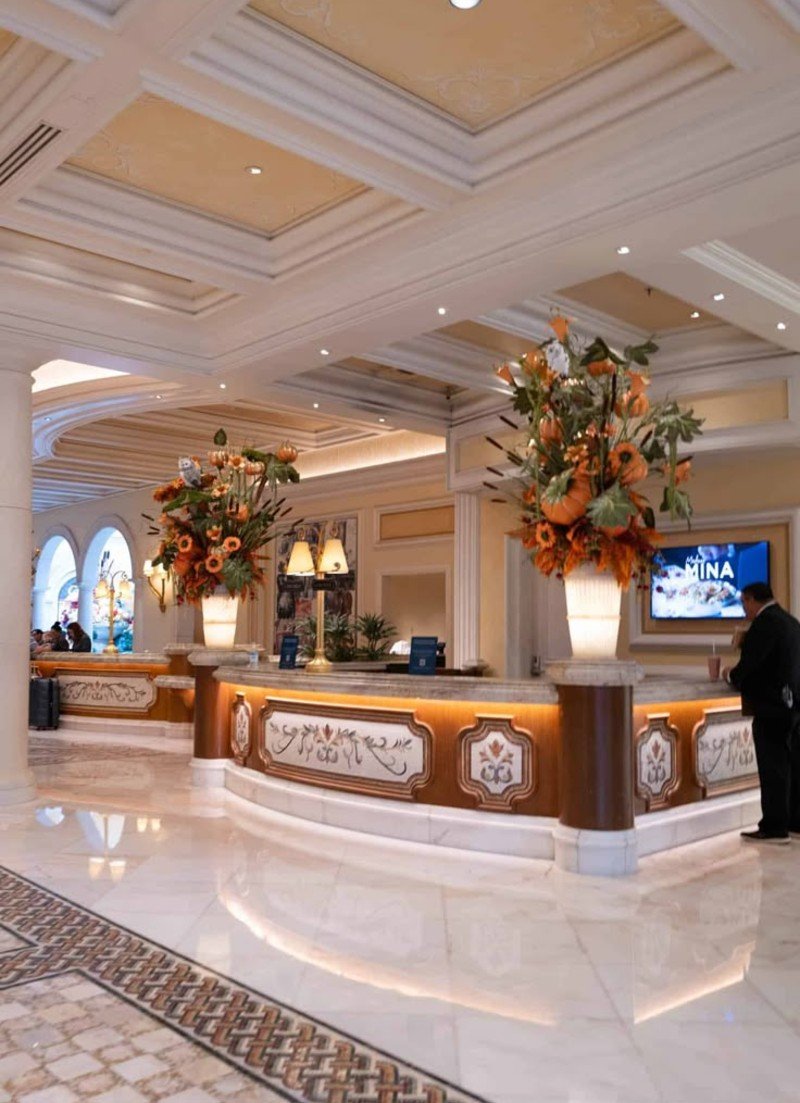
No phone number? No physical address? Run away. Legitimate hotels list multiple ways to contact them. Fake sites either have no contact info or fake phone numbers that go nowhere.
vi. Pressure to Book Right Now

“Only 2 rooms left!” or “Sale ends in 30 minutes!” are classic pressure tactics. Real hotels don’t need to rush you. Scammers create fake urgency to stop you from thinking clearly.
vii. No Real Customer Reviews

Check multiple review sites like TripAdvisor, Google, and Yelp. Fake sites either have no reviews or obvious fake ones. Real reviews mention specific details about rooms, staff, and location.
viii. Confusing Cancellation Rules

Legitimate hotels have clear cancellation policies. Scam sites use confusing language or hide cancellation terms. They make it nearly impossible to get refunds once you realize it’s fake.
ix. Missing Security Symbols

Look for “https://” at the start of the web address and a lock symbol in your browser. These show the site is secure. Fake sites often skip these basic security features.
x. Hidden Fees After Booking

This is where many people get caught. You book a $200 room, then see charges for “resort fees,” “tax recovery charges,” or “service fees” that double your bill. One victim reported $220 in unexpected fees on a $139 booking.
xi. Strange Follow-Up Emails

After booking, you should get confirmation emails from the hotel’s official domain. I got emails from a Gmail address. Real hotels use their own email systems, not free email services.
xii. Fake Partnership Claims

Scam sites claim they’re “official partners” with major hotel chains or booking platforms. They can’t prove these partnerships because they don’t exist. Always verify partnerships directly with the hotel.
The site that got me had 11 of these 12 warning signs. I ignored them because I was focused on the good price and nice photos. Don’t make my mistake.
How Scammers Make Fake Sites Look 100% Legitimate
You can’t tell real from fake anymore. Here’s exactly how scammers fool smart people like you and me.
i. They Steal Everything That Looks Official

Scammers don’t create their own photos. They steal them. They take real hotel images, logos, and even entire website layouts. Security experts found rogue sites that mirror actual hotel websites using copyrighted images and trademarked logos.
The fake booking website that got me used the same photos as the real hotel’s site. Same lobby shots. Same pool pictures. Same room views. I had no way to know they were stolen.
ii. AI Makes Their Writing Perfect

Remember when scam emails had terrible grammar? Those days are over. Scammers now use AI tools like ChatGPT to write flawless English. They create professional-looking booking confirmations, customer service emails, and website content.
These hotel scam tactics produce emails that sound exactly like real hotel staff. No spelling mistakes. No weird phrases. Perfect grammar that passes any test.
iii. Domain Name Tricks That Fool Everyone
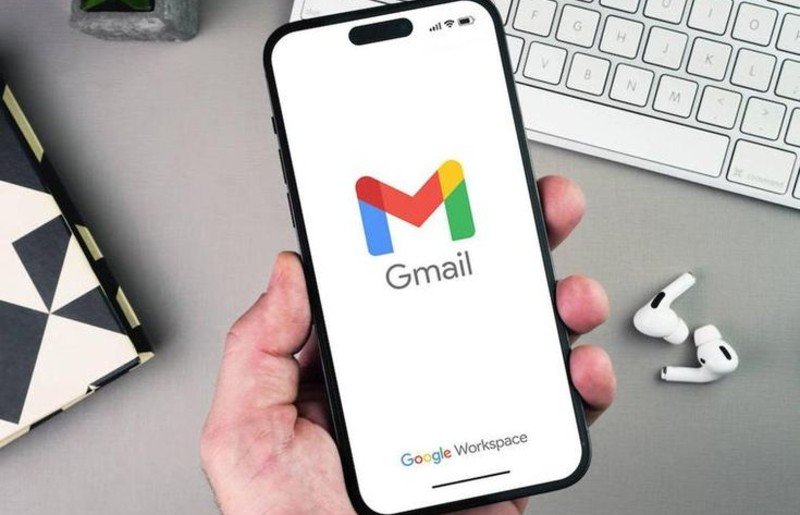
Scammers buy website addresses that look almost identical to real hotels. They change one letter or add a number. “Marriott.com” becomes “Marriot.com” or “Marriott1.com.” Your brain fills in what it expects to see.
The site that stole my money used “miamib3achhotels.com” instead of the real hotel’s address. I completely missed that tiny “3” replacing the “e” in “beach.”
iv. They Buy Their Way to the Top

Scammers pay for sponsored ads on Google. Their fake booking website can appear as the first result when you search for hotels. You think Google vetted them, but sponsored ads don’t guarantee legitimacy.
The Step-by-Step Verification Process That Could Have Saved Me $3,200
This five-step process takes less than 10 minutes. It would have saved me thousands of dollars and a ruined vacation.
i. Call the Hotel Directly

Never trust contact info from a booking site you don’t recognize. Go to Google Maps or the official tourism website for your destination. Find the hotel’s real phone number there. Call them directly.
Ask: “Do you have availability for my dates?” and “What’s your rate for those nights?” If their price matches the booking site, you’re probably safe. If they’ve never heard of the website you found, run away fast.
When I finally called the Miami hotel, they told me they’d never worked with the site that took my money. One phone call could have prevented everything.
ii. Type Website Addresses Manually

Don’t click links from search results or emails. Open a new browser tab and type the hotel’s website address yourself. This simple step helps you verify booking site legitimacy and avoid fake domains.
Real hotel websites end in “.com” and use the hotel’s actual name. Be suspicious of sites with extra numbers, hyphens, or weird spellings.
iii. Use Only Reversible Payment Methods

Credit cards offer the best protection for hotel booking verification. You can dispute charges and receive a refund. Debit cards offer some protection, but not as much.
Never use wire transfers, prepaid cards, or cryptocurrency for hotel bookings. These payment methods can’t be reversed once the money is gone.
iv. Research Unknown Booking Companies
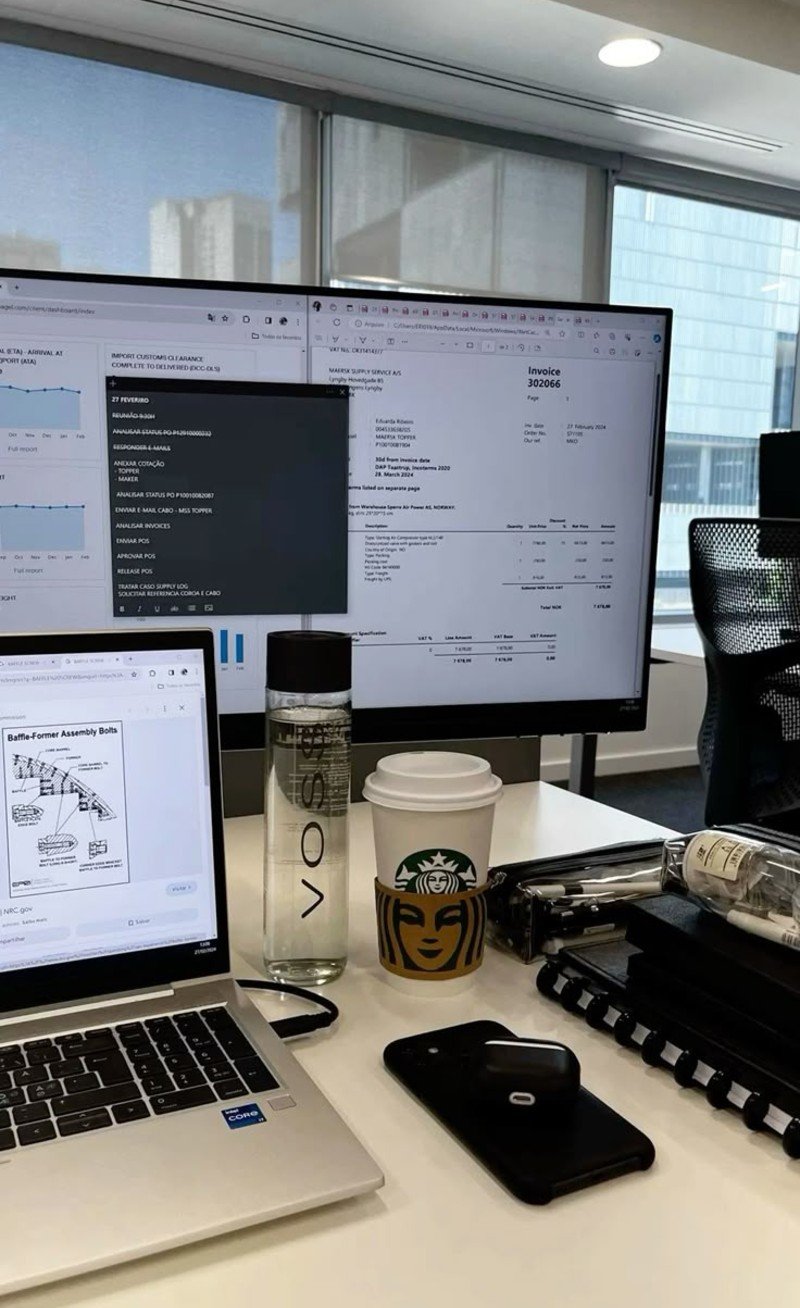
Before using any booking site you don’t recognize, check them out on BBB.org (Better Business Bureau). Look for complaints, ratings, and the length of time they’ve been in business.
Frommer’s tests booking sites every year for legitimacy and publishes their findings. They caught several sketchy sites that other travelers might have trusted.
v. Extra Protection: Use Scam Detection Tools
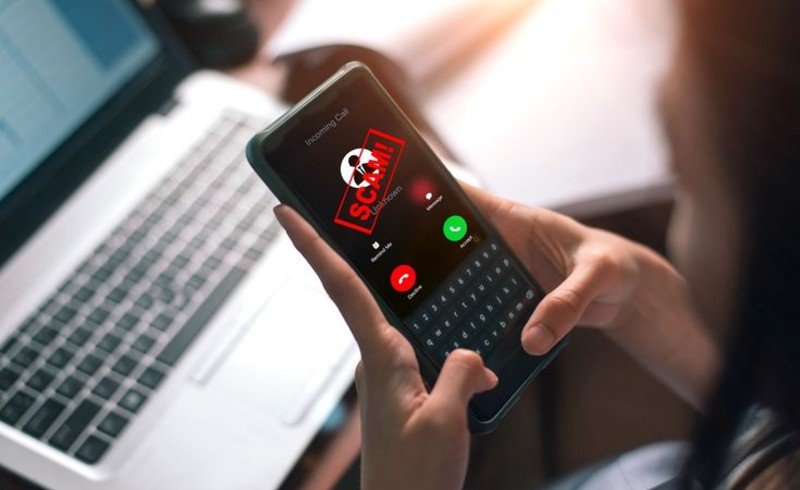
Bitdefender offers a free tool called Scamio that checks suspicious links and booking sites. Copy and paste any questionable website address into their tool before booking.
These legitimate travel websites have passed years of testing: Booking.com, Hotels.com, Expedia, Priceline, and Travelocity. Stick with these unless you’ve verified others through this process.
What to Do Immediately If You’ve Been Scammed
Don’t panic. Quick action can still save you money and prevent more damage. Here’s exactly what to do in your first 24 hours.
i. Hour 1: Secure Your Accounts
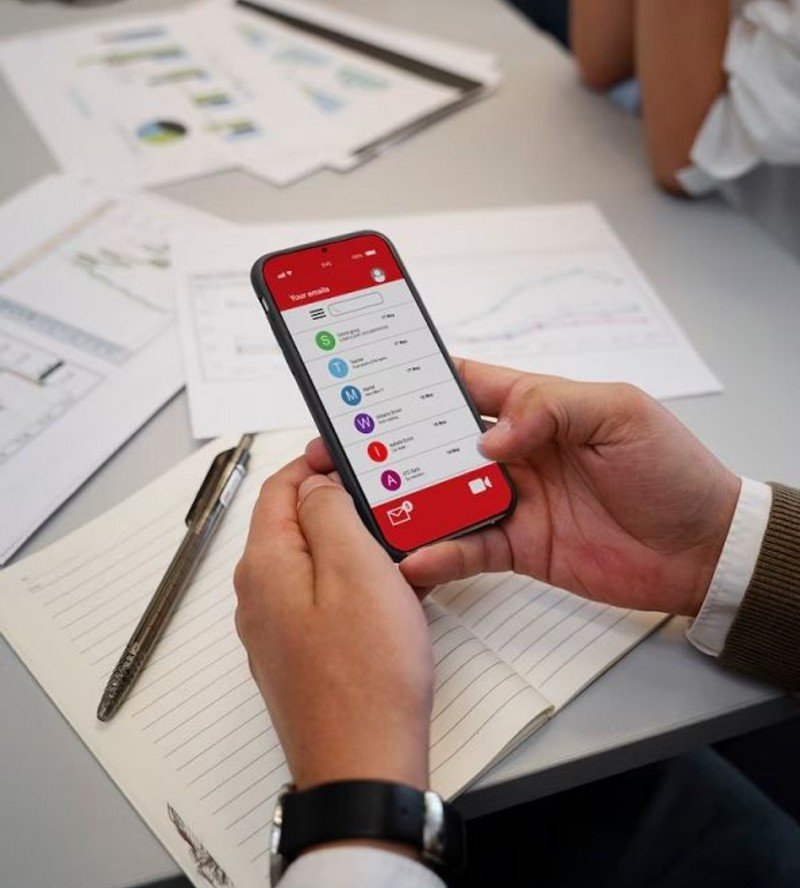
Change every password the scammers might have seen. Start with your email, then your bank accounts, credit cards, and any other financial accounts. Use completely different passwords for each account.
If you used the same password on the fake booking site that you use anywhere else, change those passwords too. Scammers often try stolen passwords on multiple sites.
ii. Hour 2: Contact Your Bank and Credit Card Company

Call the customer service number on the back of your credit card immediately. Tell them you need to dispute fraudulent charges. Ask about chargebacks for booking scam recovery.
Credit card companies usually give you 60 days to dispute charges, but calling sooner increases your chances of getting money back. If you paid by debit card or bank transfer, call your bank right away. They might be able to stop or reverse the transaction.
iii. Hour 3: Document Everything
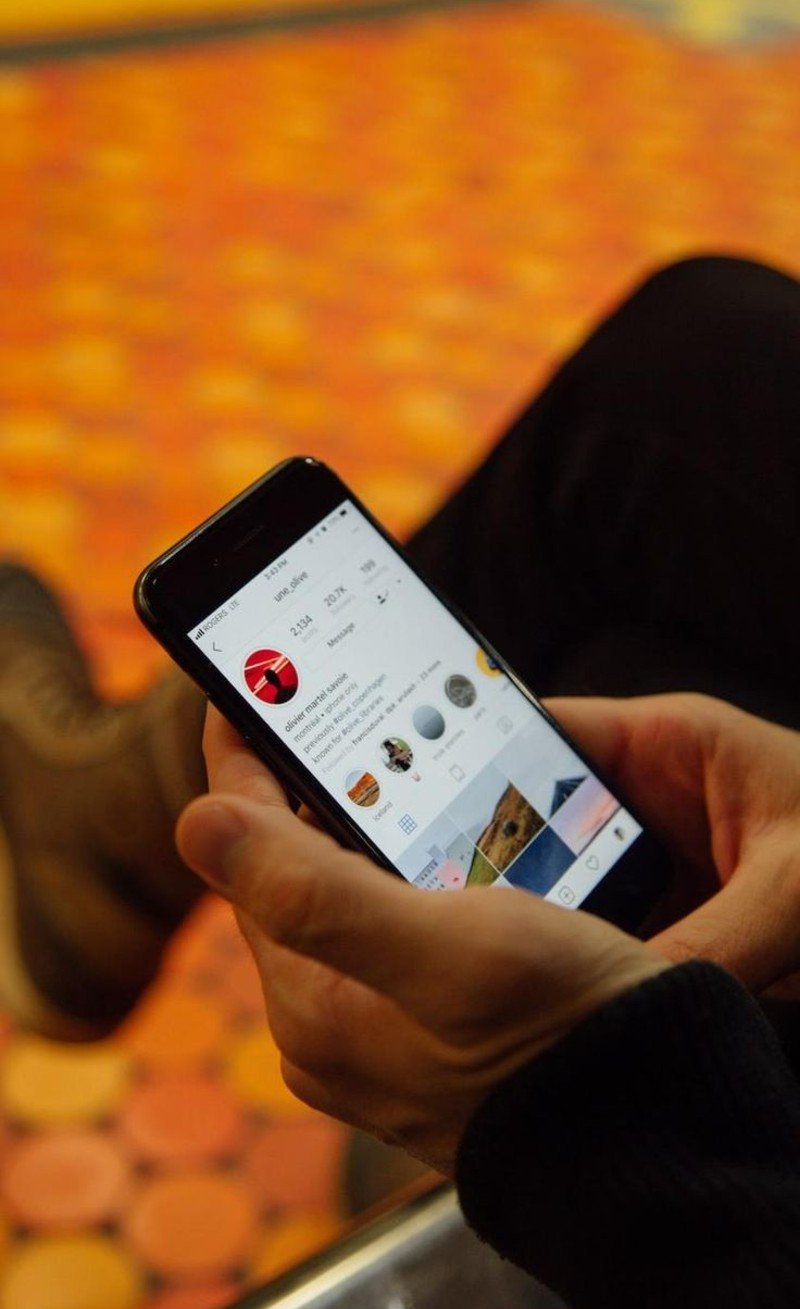
Take screenshots of the fake website before it disappears. Save all emails, text messages, and receipts related to the scam. Print everything or save it to multiple locations.
This documentation proves your case when you file reports and dispute charges. The more evidence you have, the better your chances of travel fraud reporting success.
iv. Day 1: File Official Reports
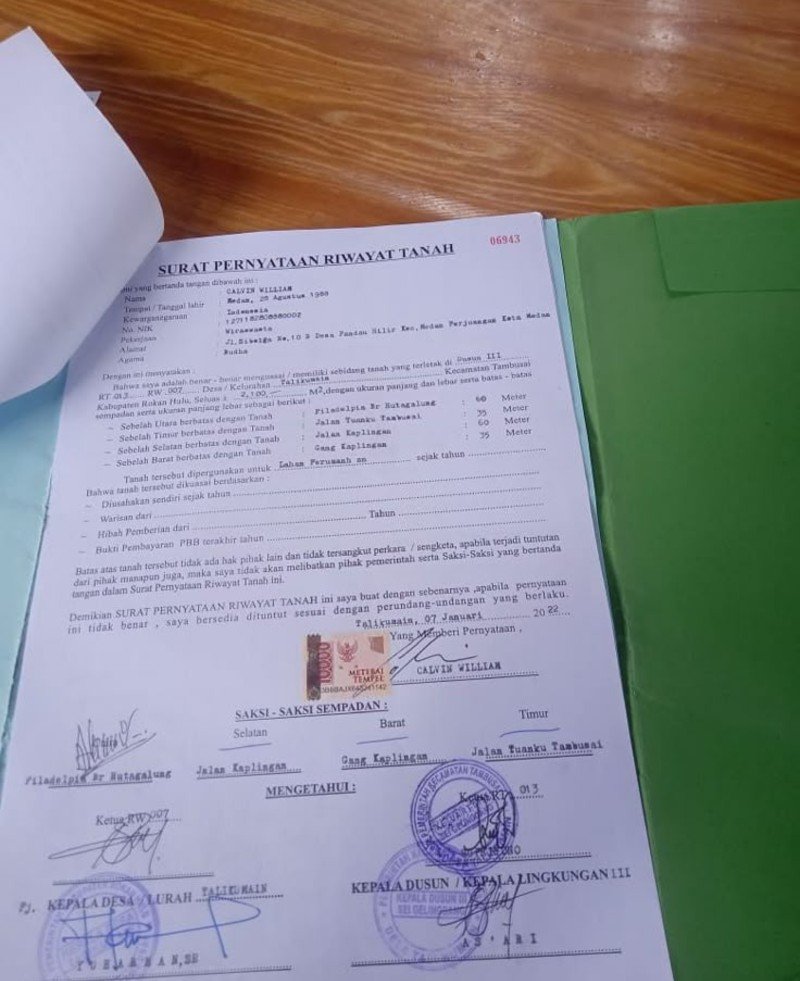
Report the scam to the Federal Trade Commission at ReportFraud.ftc.gov. They create a personal recovery plan based on your specific situation. This is especially important if you think your identity might be stolen.
File a complaint with the FBI’s Internet Crime Complaint Center (IC3.gov). They track online fraud patterns and sometimes recover stolen money through international law enforcement.
FAQs
Can I get my money back if I’ve been scammed by a fake booking site?
Maybe, but it depends on how you paid. If you used a credit card, call your card company immediately and request a chargeback. You have 60 days to dispute fraudulent charges, and many people get their money back this way.
How can I quickly tell if a booking site is real or fake?
Check the website address first. Look for tiny changes like numbers replacing letters or misspelled words. Real hotels use their actual name in their web address. Call the hotel directly using a phone number from Google Maps or the official tourism website.
What’s the biggest red flag I should watch for?
Prices that are way too good. If every other site shows $300 per night but one site shows $150, ask yourself why. Scammers use cheap prices as bait to get your attention.
Which booking sites are actually safe to use?
Stick with well-known platforms that have been around for years: Booking.com, Hotels.com, Expedia, Priceline, and Travelocity. These aren’t perfect, but they have real customer service and established refund policies.

